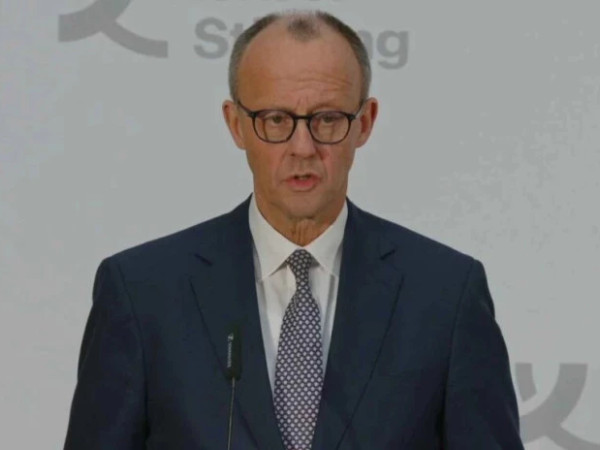In an attempt to circumvent impending new tariffs, Apple expedited the shipment of iPhones and other products from its manufacturing hubs in India and China to the United States.
Over a span of three days in late March, the tech giant dispatched five cargo planes loaded with these devices, aiming to sidestep the 10% reciprocal tariff imposed by the Trump administration, which took effect on April 5, 2025.
By accelerating these shipments, Apple intends to temporarily shield its U.S. operations from the financial impact of the new tariffs. The company has reportedly stocked its U.S. warehouses with sufficient inventory to sustain several months of sales without immediate price adjustments.
A source familiar with the matter stated, “The reserves that arrived at lower duty will temporarily insulate the company from the higher prices that it will need to pay for new shipments under the revised tax rates.”
Despite the tariff hike, Apple has no immediate plans to increase retail prices in the U.S. or other key global markets. The company is conducting a comprehensive analysis of how varying tariff structures across different manufacturing locations might influence its supply chain and pricing strategies.
An insider noted, “Any price hike to offset this impact cannot be limited to just the U.S. market, but will have to be taken across key global regions, including India.” India currently produces iPhones and AirPods, and its exports to the U.S. are subject to a 26% tariff, compared to the 54% levied on Chinese goods.
As the U.S. remains a critical market for Apple, the company is keen on avoiding the transfer of increased costs to consumers, which could potentially dampen demand and affect profit margins.




















